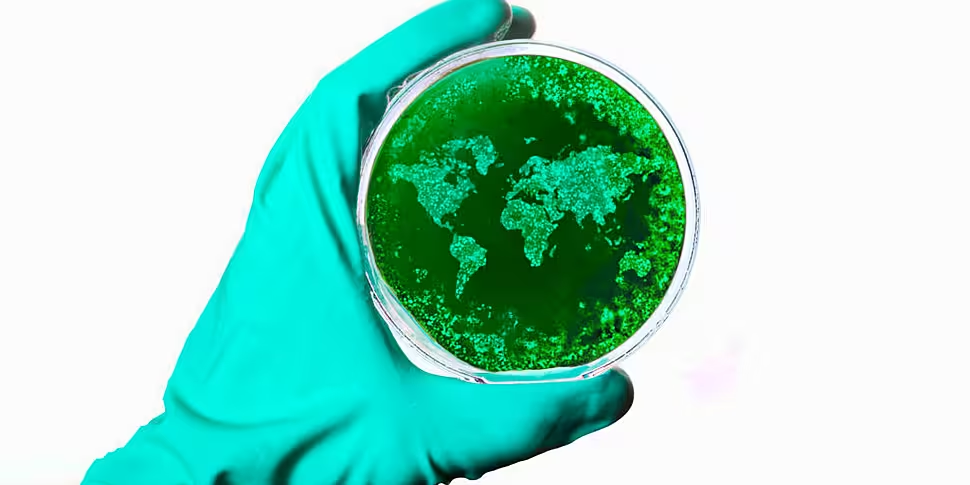Can we protect ourselves from future outbreaks? COVID-19 isn't the first pandemic, and likely not the last. On this week's show, TED speakers share lessons from past pandemics and what they mean for our future
A century after the 1918 flu, we see similar patterns in the ways we're responding to COVID-19. Laura Spinney reflects on the Spanish flu and how societies learn to move forward after pandemics.
In 2003, polio reemerged in twenty countries that had long been declared polio-free. Anthropologist Heidi Larson says to stop the spread of disease, we need to first build trust in vaccines.
MERS, Ebola, and COVID-19-the viruses that cause these diseases likely have the same patient zero: bats. For researcher Daniel Streicker, the key to preventing an outbreak is the bats themselves.
Anupam Jena has made a practice of looking at big data and natural experiments to ask questions others overlook. He describes how the COVID-19 pandemic could have several unexpected consequences.
Over the past weeks, all of us have adapted to a new normal. We reached out to a few TED speakers to ask how things have changed for them and what little things have brought them joy.









